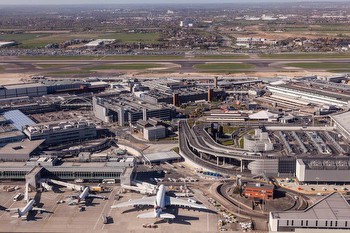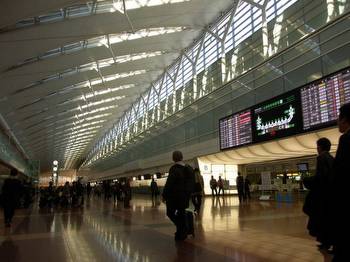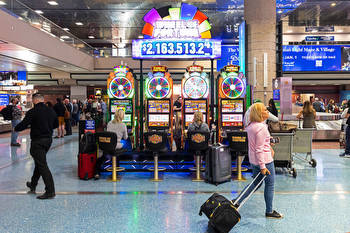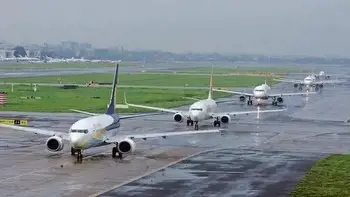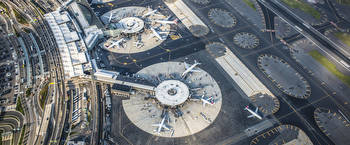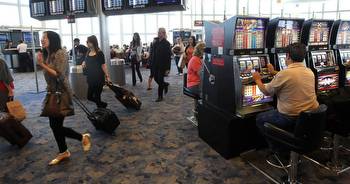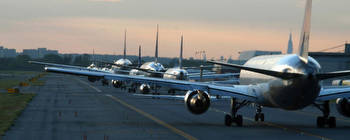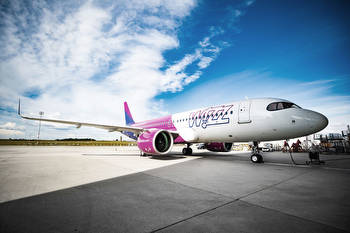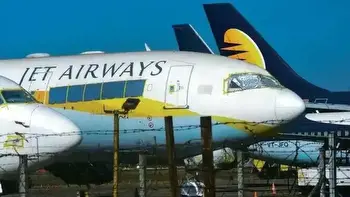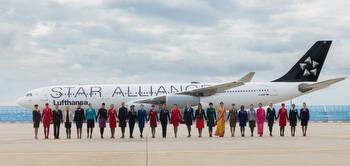IATA is successful in Dutch slot rule case
IATA has succeeded in legal action in the Netherlands to prevent the application of a new Policy Rule for slot allocation.
IATA alleged the Policy Rule would have significant negative effects on the globally functioning system of slot allocation and would result in significant commercial damage for IATA members.
IATA argued the Rule compromised the efficient development of air connectivity as it allowed the Royal Schiphol Group (RSG) to directly influence all future new slot allocation for their airports, ignoring key global principles of the slot allocation, such as encouraging competitive markets and providing consumers choice for products and services. IATA also believed that the Rule posed significant harm to the independent, impartial role of slot coordinators in the European Union and that it contravened both EU law and the Worldwide Airport Slot Guidelines (WASG).
The successful legal action means that Netherlands slots coordinator, ACNL,is prohibited from allocating slots according to its Policy Rule and prohibits the coordinator from using destination lists to give priority to certain routes to these heavily congested airports.
The court ruled that ACNL had acted beyond its neutral and independent role in defining a definitive priority for all slots to be allocated according to one criteria; connectivity. Furthermore, and importantly, it recognized that allowing the airport managing body, Royal Schiphol Group, to determine destination lists was giving them disproportionate influence on the distribution of slots at key Dutch airports.
The decision emphasizes the value of harmonized slot regulations and shows why it is so important that regulators and airports adhere to the European Slot Regulations and the WASG.











